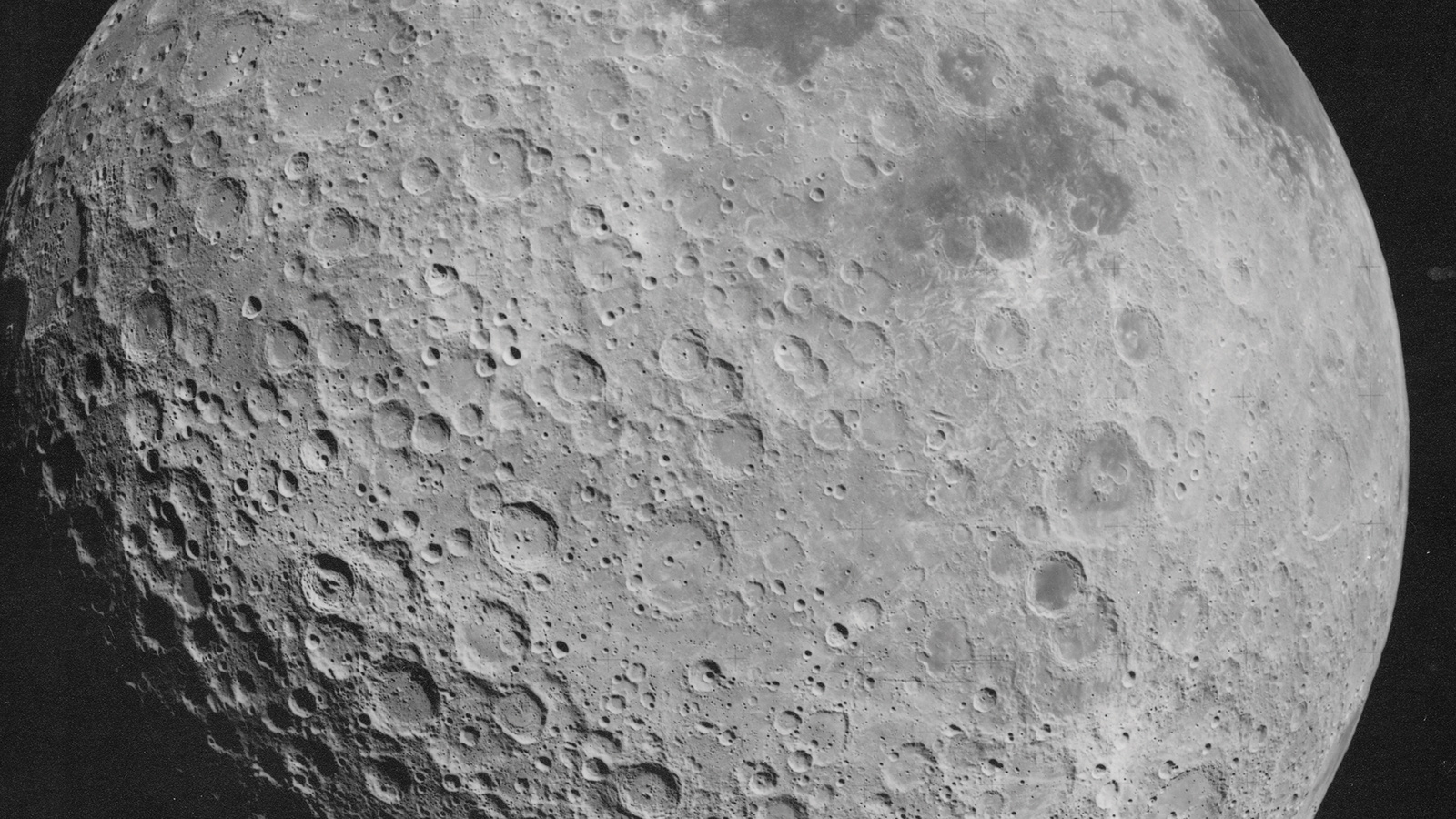Stay Up to Date
Submit your email address to receive the latest industry and Aerospace America news.
PARIS AIR SHOW – The U.S. plan to return astronauts to the moon in 2024 needs to be properly funded for it to be feasible, veterans of the Apollo lunar missions cautioned during a panel discussion Monday.
NASA’s plan “might not work because NASA can have all the goals in the world, but unless Congress does something to support that, we’re not going anywhere,” said Al Worden, command module pilot for the Apollo 15 mission in 1971.
Charles Duke, lunar module pilot for Apollo 16 in 1972, said the new mission would be technically doable: “I don’t think it’s a matter of anything but the money right now and whether we can get the funding,” Duke said. “With the right kind of funding, we’re going to be able to do it.”
Since U.S. Vice President Mike Pence announced in March that the United States plans to land Americans on the moon by 2024, lawmakers have urged White House and NASA officials to firmly estimate the cost of the new lunar program, dubbed Artemis. NASA Administrator Jim Bridenstine told CNN last week that the 2024 landing will require an additional $20 billion to $30 billion over the next five years on top of what has been NASA’s annual budget of about $20 billion. So far, the Trump administration has amended its 2020 budget request for NASA to include an additional $1.6 billion in fiscal 2020 for the moon program.
Adjusted for inflation, the Apollo program, including its six landings, cost approximately $150 billion, according to NASA.
Walt Cunningham, who flew on Apollo 7 in 1968, said the U.S. should also look beyond the moon. He said that “there will come a time” Americans will visit not just the moon, but also Mars. “We better have the technology to do it, but I think that it’ll happen one of these days,” he said.
About cat hofacker
Cat helps guide our coverage and keeps production of the print magazine on schedule. She became associate editor in 2021 after two years as our staff reporter. Cat joined us in 2019 after covering the 2018 congressional midterm elections as an intern for USA Today.
Related Posts
Stay Up to Date
Submit your email address to receive the latest industry and Aerospace America news.




